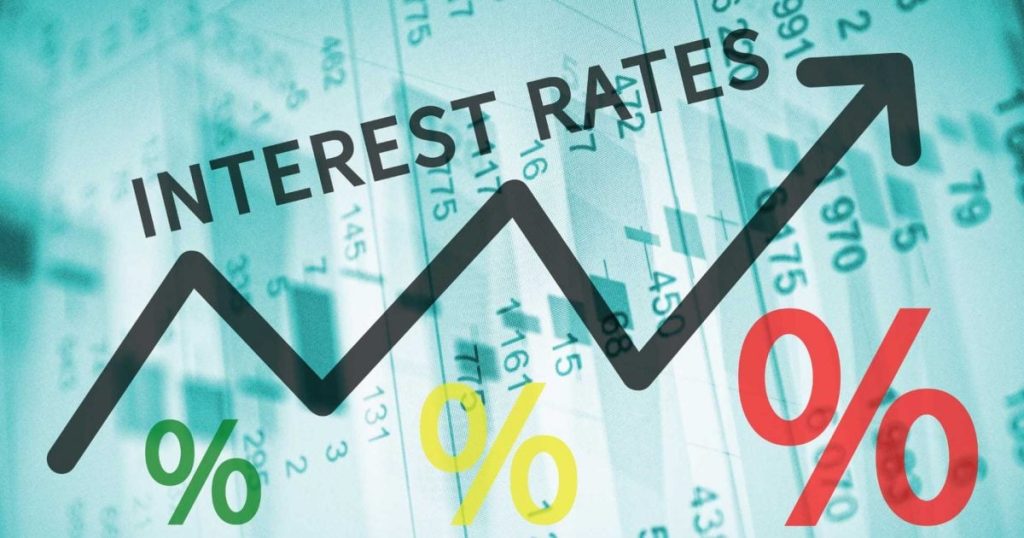Paragraph 1: Introduction to the Monetary Policy Committee Decision
The Monetary Policy Committee (MPC) of the Central Bank of Nigeria (CBN) announced a significant shift in its monetary policy stance on Tuesday, September 24, 2025. During the 302nd MPC meeting held in Abuja, the committee decided to reduce the benchmark Monetary Policy Rate (MPR) by 50 basis points, bringing it down to 27.00%. This decision marks the first rate cut in 2025 and follows a series of three consecutive holds in the MPR. The announcement was made by the CBN Governor, Olayemi Cardoso, during a press briefing following the meeting. This move represents a departure from the previous tightening cycle witnessed in 2024 and signals a potential easing of monetary policy in response to evolving economic conditions.
Paragraph 2: Background of the Rate Hikes in 2024
Prior to the recent rate cut, the CBN had implemented six consecutive interest rate hikes throughout 2024. This aggressive tightening cycle was primarily driven by concerns over rising inflation. The successive increases in the MPR were aimed at curbing inflationary pressures by making borrowing more expensive, thus reducing consumer spending and investment, and consequently slowing down the pace of economic activity. The cumulative effect of these rate hikes resulted in a significantly higher cost of borrowing for businesses and consumers, impacting various sectors of the Nigerian economy.
Paragraph 3: Rationale Behind the Rate Cut
The CBN Governor attributed the decision to reduce the MPR to the consistent disinflation observed in recent times. Disinflation refers to a slowdown in the rate of inflation, indicating a cooling down of price increases. This suggests that the previous tightening measures implemented by the CBN, along with other factors, might have started to yield positive results in terms of controlling inflation. The MPC’s decision to cut rates signals their assessment that inflationary pressures have eased sufficiently to warrant a slight loosening of monetary policy.
Paragraph 4: Implications of the Rate Cut for the Nigerian Economy
The reduction in the MPR is expected to have several implications for the Nigerian economy. Lowering interest rates generally stimulates economic activity by making borrowing more affordable for businesses and consumers. This can lead to increased investment, expansion of businesses, and job creation. The rate cut could also potentially stimulate consumer spending, further boosting economic growth. However, it also carries the risk of potentially reigniting inflationary pressures if not managed carefully. The CBN will need to closely monitor economic indicators and be prepared to adjust its policy stance if necessary.
Paragraph 5: The Balancing Act of Monetary Policy
The MPC faces the delicate task of balancing the need to control inflation with the objective of supporting economic growth. Lower interest rates can stimulate growth but may also fuel inflation. Conversely, higher interest rates can curb inflation but might stifle economic activity. The decision to cut rates reflects the MPC’s current assessment of the relative risks and benefits of these competing objectives. It suggests that the committee believes the risks of further tightening outweigh the potential benefits, and that a moderate easing of monetary policy is warranted to support economic recovery and growth.
Paragraph 6: Future Outlook and Policy Direction
The MPC’s decision to reduce the MPR marks a significant shift in its monetary policy stance. This move signals a cautious optimism about the trajectory of inflation and a willingness to support economic growth. The CBN will likely continue to monitor key economic indicators, including inflation, exchange rates, and economic growth, to inform its future policy decisions. The central bank’s actions in the coming months will be crucial in shaping the direction of the Nigerian economy and navigating the challenges of maintaining price stability while fostering sustainable economic growth. Further policy adjustments will likely depend on the evolving economic landscape and the effectiveness of the current rate cut in achieving the desired outcomes.


